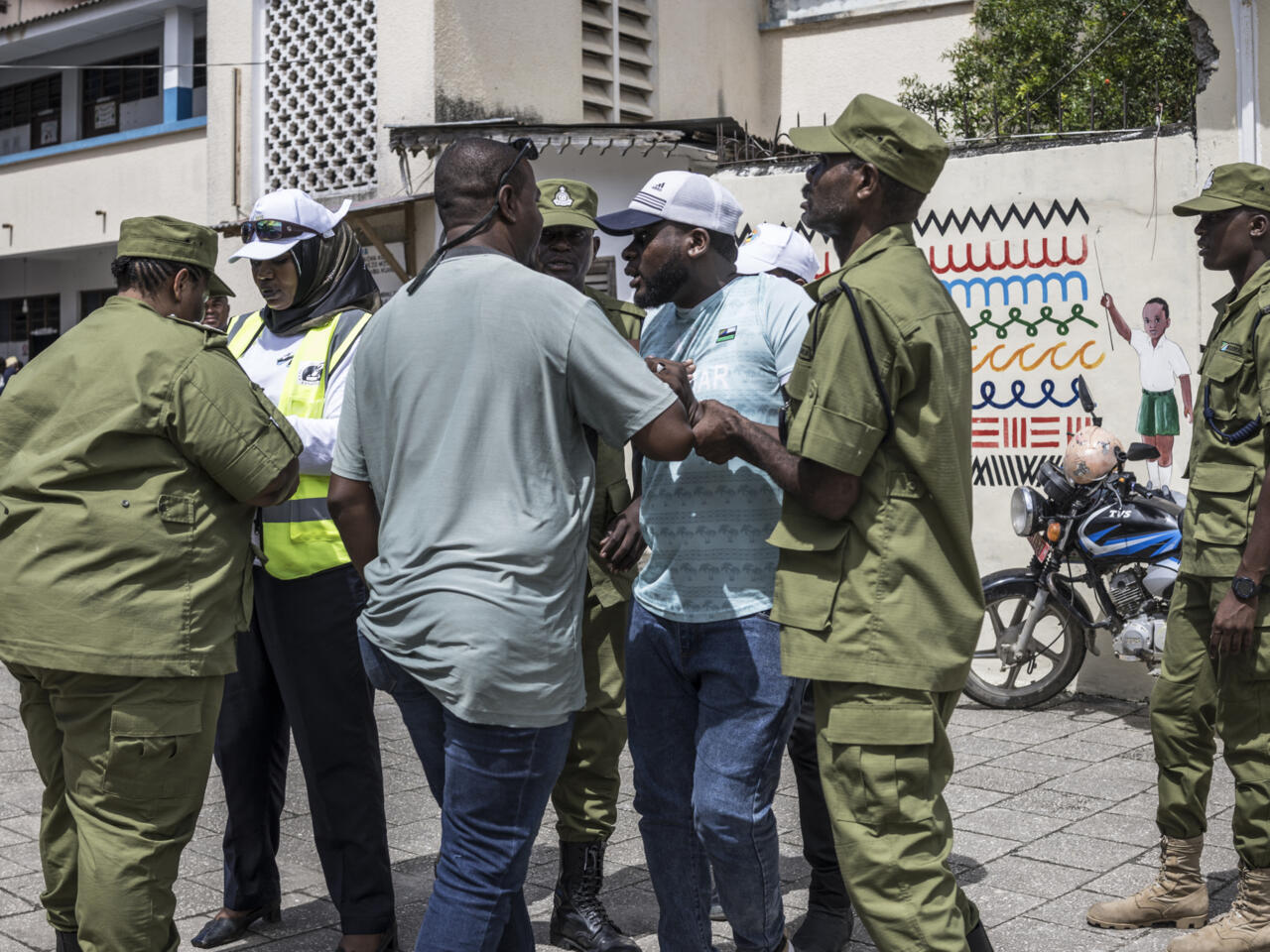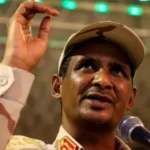Tanzania’s government has declared a citywide curfew in Dar es Salaam after violent clashes erupted between police and protesters during the country’s presidential and parliamentary elections.
Sources at Muhimbili Hospital confirmed to the BBC that dozens of injured citizens were brought in following street battles in several parts of the city. The unrest coincided with voting day, which was largely expected to deliver a comfortable win for President Samia Suluhu Hassan and her ruling Chama Cha Mapinduzi (CCM) party.
The protests, sparked by calls for electoral reforms and greater political freedom, saw demonstrators setting vehicles ablaze and damaging public infrastructure. Police Chief Camelius Wambura announced that the curfew would begin at 18:00 local time (15:00 GMT), warning residents to remain indoors until further notice.
Dar es Salaam Regional Commissioner Alfred Chalamila had earlier warned that authorities would take decisive action against anyone threatening peace. Reports of smaller protests also surfaced in Mbeya and the border town of Tunduma, where demonstrators echoed demands for an independent electoral commission.
“We are tired… We want an independent electoral commission so that every Tanzanian can choose the leader they want,” one protester told the BBC.
The unrest was accompanied by a near-total internet blackout, with NetBlocks confirming a “nationwide digital shutdown” that disrupted communication across Tanzania.
Voter turnout in Dar es Salaam remained low throughout the day, with many residents staying home amid security fears. Police had earlier assured citizens that polling stations were safe and urged them to vote.
More than 37 million Tanzanians were eligible to cast their ballots, but with the main opposition leader jailed on treason charges—claims he denies—and his party boycotting the election, the outcome is widely seen as predetermined. Sixteen smaller parties are contesting, though none are expected to pose a serious challenge.
President Samia, Tanzania’s first female leader, rose to power in 2021 after the death of John Magufuli. Once praised for opening up the political space, her administration has faced growing criticism for alleged crackdowns on dissent, enforced disappearances, and the detention of opposition figures.
Human rights groups, including Amnesty International, have condemned what they describe as a “wave of terror” targeting political opponents, while the government insists the election is free, fair, and transparent.
As tensions rise, the curfew underscores growing unease in Tanzania’s largest city, with many citizens now watching anxiously to see whether the post-election period will bring calm or further confrontation.














Leave a comment